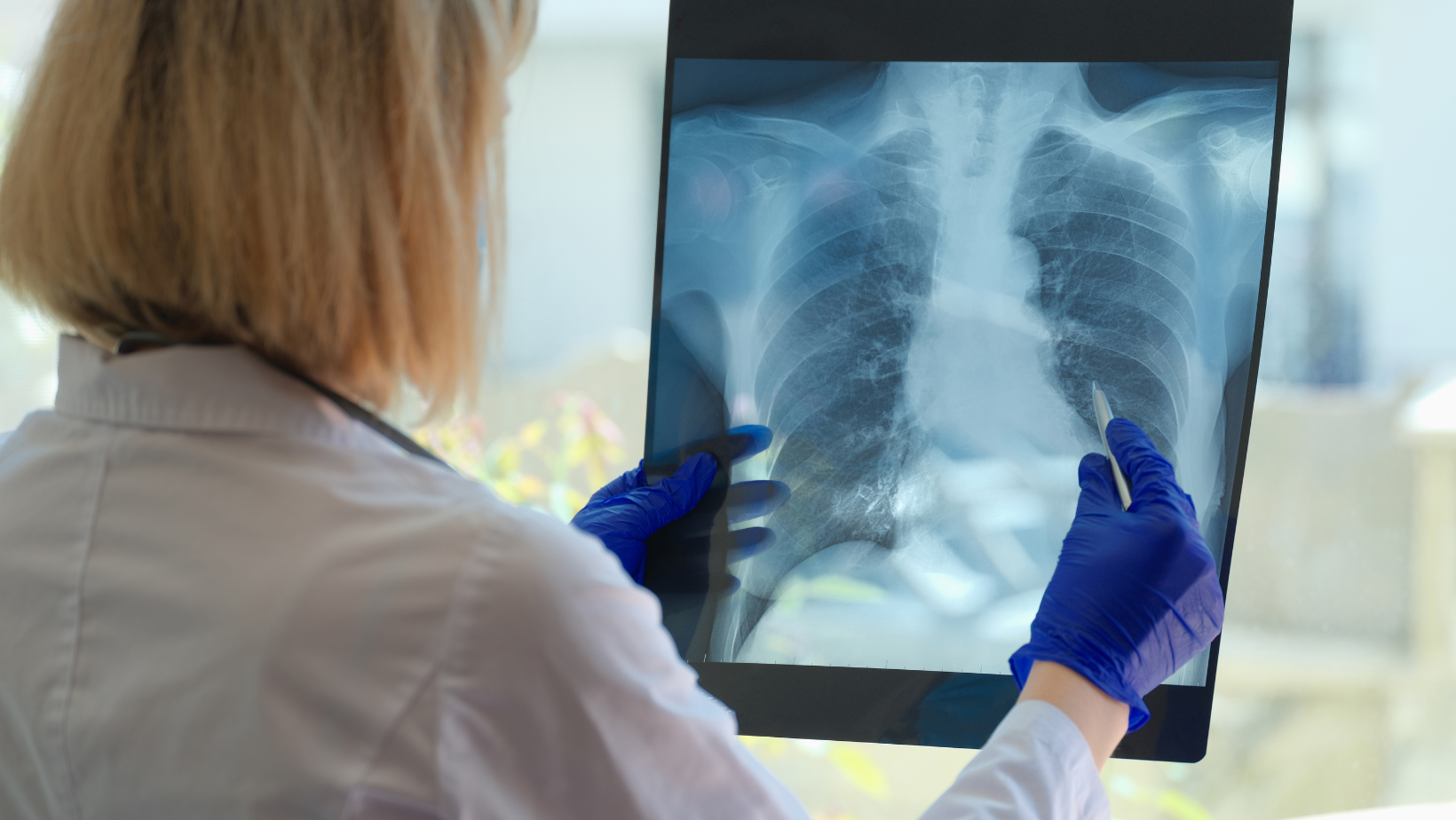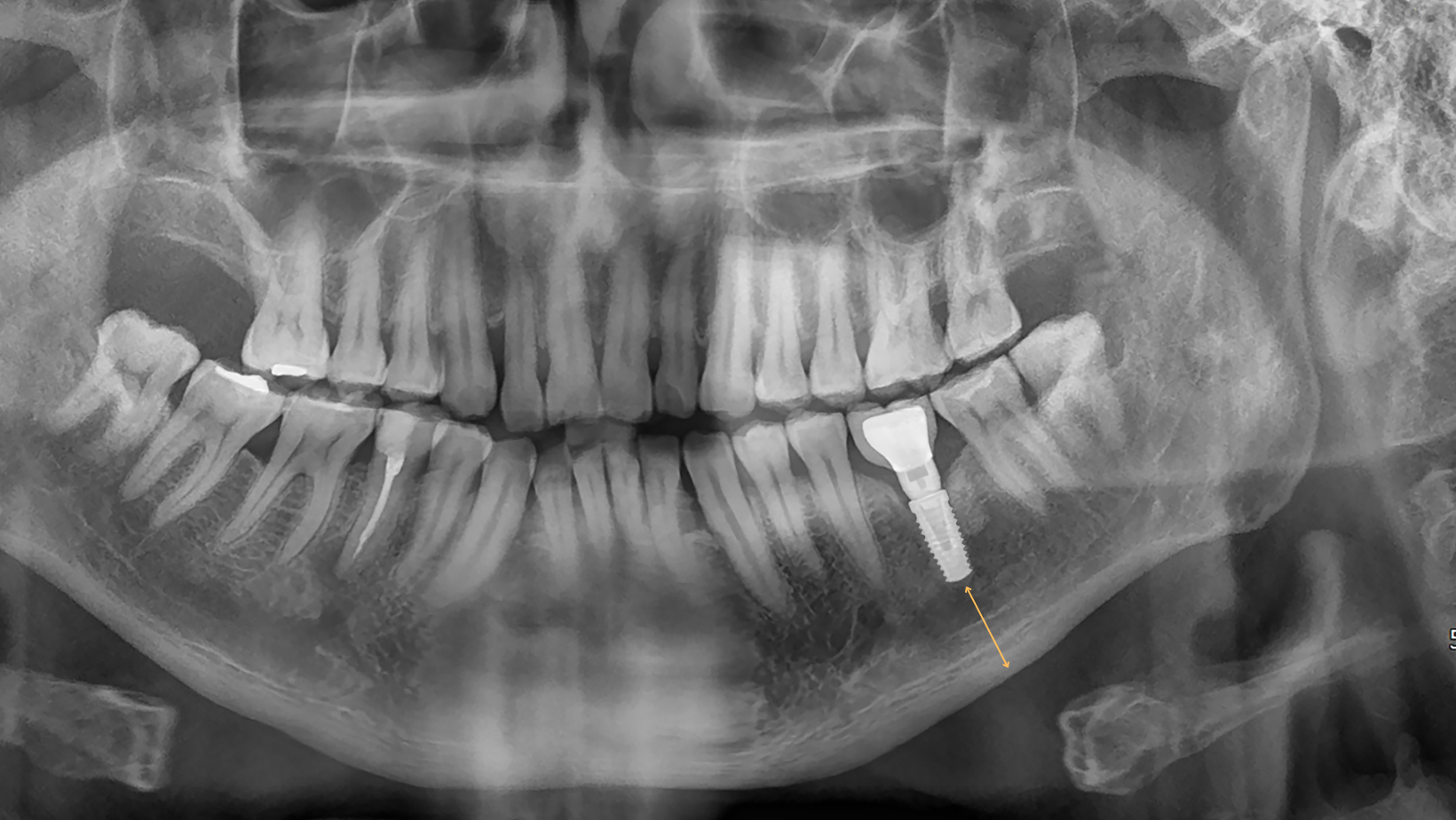The Interesting Link Between Periodontal Disease and COPD: Insights from NIH Research
 By: Britely
By: Britely
In recent years, the field of medical research has seen a growing interest in understanding the intricate connections between oral health and overall well-being. The National Institutes of Health (NIH) has been at the forefront of this exploration, and one of the most intriguing findings to emerge is the potential link between periodontal disease and an increased risk of Chronic Obstructive Pulmonary Disease (COPD). This revelation has significant implications for both dental and respiratory health, shedding light on the interconnected nature of the body’s various systems.
Understanding Periodontal Disease
Periodontal disease, commonly known as gum disease, is a chronic inflammatory condition affecting the tissues surrounding the teeth. It begins with the accumulation of plaque—a sticky film of bacteria—on the teeth. If left untreated, this can progress to gingivitis, an early stage of gum disease characterized by red, swollen gums that bleed easily. Without intervention, it can develop into periodontitis, a more severe form where the supporting structures of the teeth are damaged, leading to tooth loss.
The NIH-COPD Connection
Recent research funded by the NIH has uncovered a potential association between periodontal disease and an increased risk of developing COPD, a progressive lung condition that includes chronic bronchitis and emphysema. COPD is primarily characterized by airflow obstruction, making it difficult for individuals to breathe over time. While smoking remains the primary risk factor for COPD, the NIH’s findings suggest that periodontal disease may represent an additional, previously overlooked risk factor.
The Mechanisms at Play
The link between periodontal disease and COPD is believed to involve a complex interplay of inflammatory processes. Inflammation is a common denominator in both conditions, and researchers are exploring how the chronic inflammation associated with periodontal disease might contribute to the development or exacerbation of COPD. It is hypothesized that the bacteria present in the oral cavity could be aspirated into the lungs, triggering inflammation and potentially contributing to the progression of COPD.
Implications for Public Health
These findings underscore the importance of holistic healthcare that considers the interconnectedness of various bodily systems. Recognizing the potential link between periodontal disease and COPD opens new avenues for preventive strategies and collaborative care between dental and respiratory health professionals.
- Routine Dental Care: Maintaining good oral hygiene practices, such as regular brushing, flossing, and dental check-ups, becomes even more critical. Early detection and treatment of periodontal disease may help mitigate its potential impact on respiratory health.
- Interdisciplinary Healthcare: Collaboration between dental and respiratory healthcare providers can lead to more comprehensive and effective patient care. Dentists and pulmonologists working together may be better equipped to identify and address potential risk factors for COPD.
- Patient Education: Increasing awareness among patients about the link between oral health and systemic conditions empowers individuals to take proactive steps in managing their overall health. Lifestyle choices, including smoking cessation and maintaining good oral hygiene, can play a crucial role in reducing the risk of both periodontal disease and COPD.
The NIH’s research into the relationship between periodontal disease and COPD represents a significant stride in our understanding of the interconnected nature of health. As we delve deeper into these connections, it becomes increasingly clear that the maintenance of good oral health is not only essential for a bright smile but also for the well-being of the entire body.


